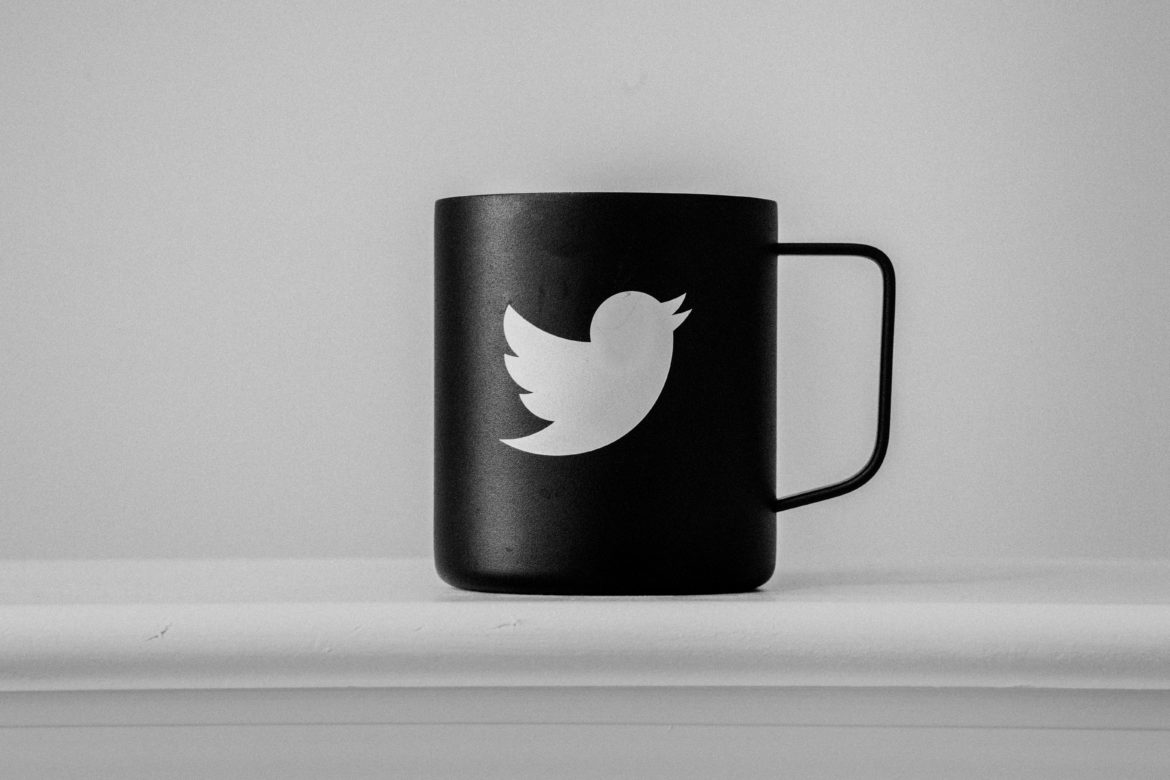|
Getting your Trinity Audio player ready...
|
New research released by TheSoul Publishing has found that only 3% of respondents believe Twitter will still be popular in 2026. The reason? Twitter’s over-reliance on negative news and controversy.
The same research, which took place earlier this year in the UK, found that 32% of respondents believe TikTok will be the most popular platform in four years’ time, followed by YouTube (14%), Instagram (13%) and Facebook (12%).
According to Victor Potrel, Vice President of Platform Partnerships at TheSoul Publishing, consumers are increasingly leaning towards positive, feel-good content at a time when the news cycle is flooded with emotive imagery and bad news, “With an intense news cycle, positive escapism has brought a welcome relief to many. It’s no surprise that the likes of TikTok and Pinterest, which surface a lot of feel-good content, have seen record growth.”
A shift towards positivity online also looks set to reward YouTube with 40% of respondents naming it as their primary destination for positive video content. It also remains the platform that consumers turn to when they want to learn new skills and life hacks, with 59% doing so.
When questioned on the sort of content they want to watch more of, 75% of research respondents felt that uplifting and positive online videos would become an even more popular source of entertainment. This shows an upward curve year-on-year – an increase of 14% from 2020. On TikTok, for example, some of the most popular (and lucrative) content creators such as the likes of Charli D’Amelio, Addison Rae, Zach King and Khaby Lamb, all share a common theme of producing light-hearted content – from dance and make-up tutorials to comedy sketches, life hacks and stunts.
Potrel continues, “Positivity is about choosing content which makes us feel better and is also linked to our online communities. Twitter, which has been around for well over a decade, has been shaped by a focus on sharing and debating hard news and hard views. Now audiences are opting for a more controlled environment where they can enjoy light-hearted content and interact with other users, in a positive space.”
When it comes to the rise and fall of social media platforms, users are very much in the driving seat.
Victor Potrel, Vice President of Platform Partnerships, TheSoul Publishing


